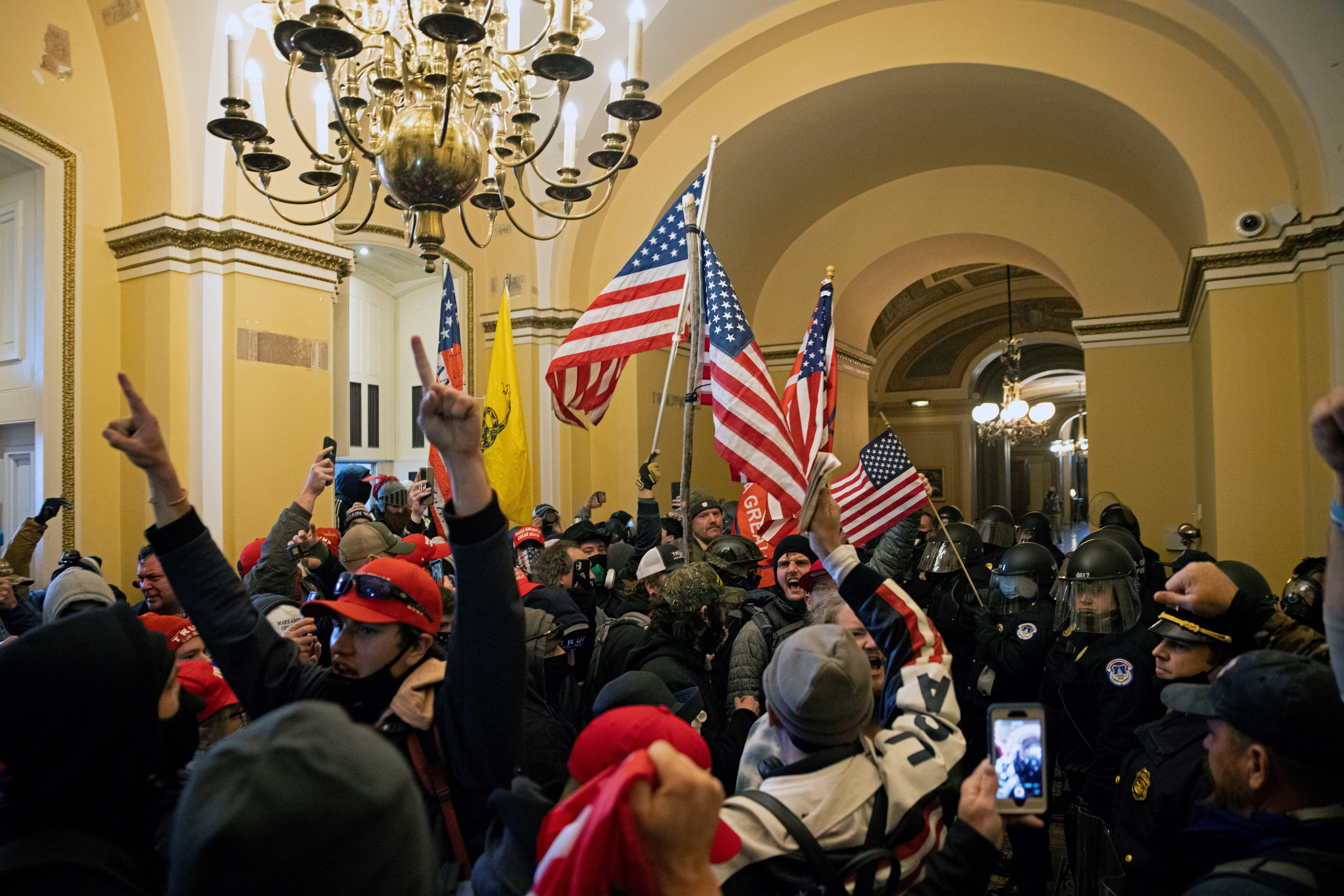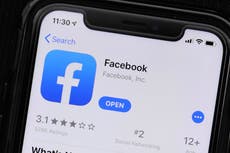Google lifts political ad ban put in place after Capitol attack
The company has had on-and-off bans since November

Google will once again accept political ads on its platforms after temporarily banning them in the wake of the 6 January attack on the US Capitol.
“We will continue to rigorously enforce our ads policies, which strictly prohibit demonstrably false information that could significantly undermine trust in elections or the democratic process,” Google told The Independent in a statement.
The tech giant, the biggest vendor of advertising on the internet, and one of the two biggest for political advertising, along with Facebook, told its partners about the change on Monday, according to Axios, which first reported it.
Following the riot at the Capitol, Google, which had previously put a temporary pause on political ads after the election in November to cut down on misinformation, reinstated an ad ban under its “sensitive events police” on 13 January. The policy usually is put in place to stop advertisers from taking advantage of events like mass shootings or natural disasters.
The ban, which applied to Google search as well as platforms like YouTube, prevented ads from"referencing candidates, the election, its outcome, the upcoming presidential inauguration, the ongoing presidential impeachment process, violence at the U.S. Capitol, or future planned protests on these topics,” according to an email Google sent to partners.
A similar ban put in place by Facebook, which has also sometimes paused political ads this election season, remains.
November was a wake-up call for tech giants, whose platforms became key nodes in mass misinformation about the election and the coronavirus pandemic.
“The internet, as a whole, needs to come to terms with what kind of information can spread,” Sundar Pichai, CEO of Google’s parent company Alphabet, said at the time. “Definitely, there’s more to do on our side.”
In the last two and a half years, political advertisers have spent $3.2 billion on Google and Facebook.
There have been some challenges with the roll-out of the ad bans. Facebook’s policy has reportedly also blocked out pro-vaccine messages, frustrating public health efforts during the coronavirus pandemic.
Join our commenting forum
Join thought-provoking conversations, follow other Independent readers and see their replies
Comments


Bookmark popover
Removed from bookmarks